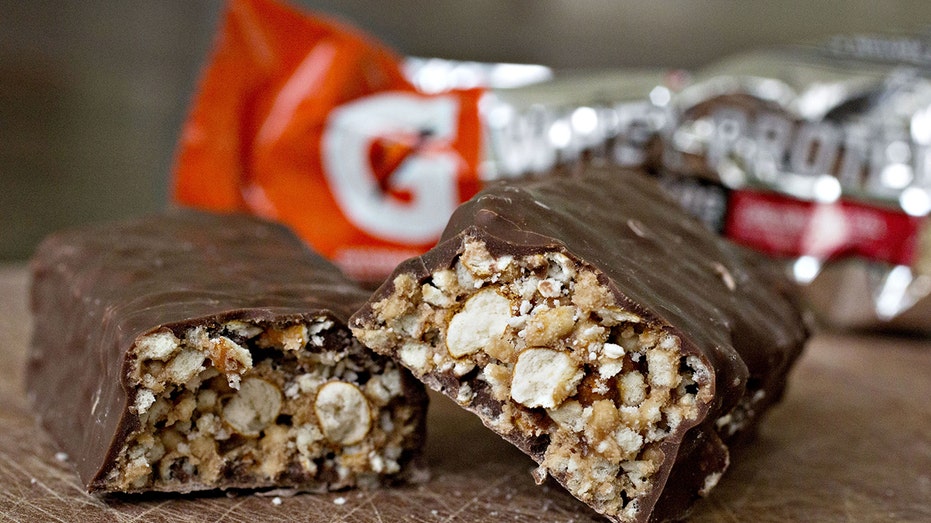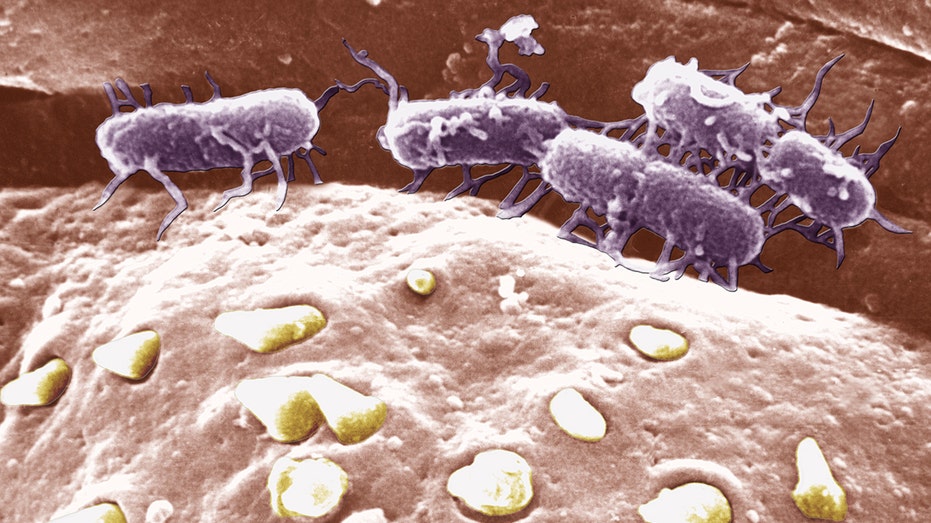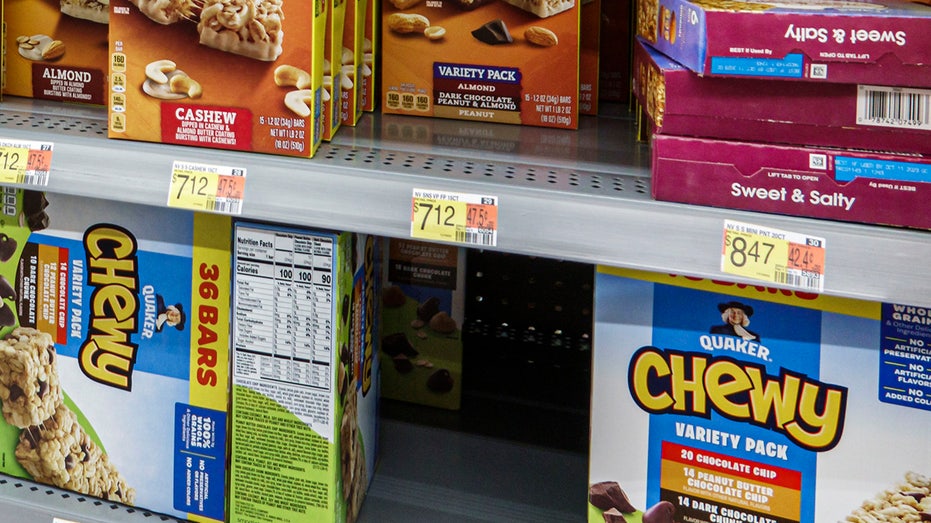
Quaker Oats, a subsidiary of PepsiCo, has expanded its recall of certain products over potential salmonella contamination. The company initially recalled 43 items in December due to concerns about possible contamination. On Thursday, Quaker added 24 more products to the list.
The newly recalled items include Quaker Chewy Granola Bars, Gatorade protein bars, Cap'u0019n Crunch bars and other cereals. The company has not yet received any confirmed reports of illness related to these products.
It is unclear how the potential contamination occurred or when it first came to the attention of federal regulators or Quaker Oats. On its website, the company listed the recalled products and provided an option for customers to request reimbursement.
Salmonella infections can cause serious and sometimes fatal illnesses in young children, frail or older adults, and people with weakened immune systems. Common symptoms include fever, nausea, vomiting, abdominal pain and diarrhea that may be bloody. In rare cases salmonella can get into the bloodstream resulting in more severe illnesses such as infected arteries.
Individuals who are exposed usually start to feel sick six hours to six days later. Most infections are mild and last between four and seven days.
Other recent salmonella-related recalls have been linked to a variety of foods, including vegetables, fruits and meats. At least two people died in a salmonella outbreak linked to cantaloupes that the Centers for Disease Control announced in November.
Salmonella bacteria cause about 1.35 million infections, 26,500 hospitalizations and 420 deaths every year according to the CDC.




